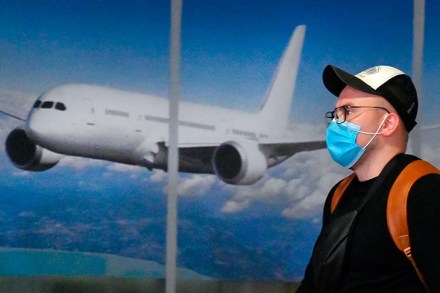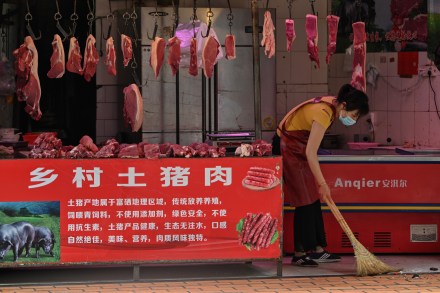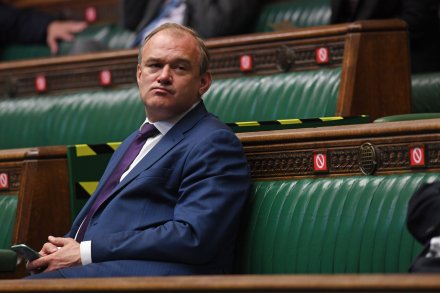Portrait of the week: Vaccine passports, Northern Ireland riots and a cocaine-smuggling kayaker
Home The government sketched a scheme for a coronavirus passport, or ‘Covid status certification’, to be tried out at the FA Cup Final on 15 May. It would record vaccination, a recent negative test or natural immunity after recovering from Covid and might admit the bearer to public places, such as pubs or soup kitchens. Dozens of MPs opposed the passport, including Jeremy Corbyn, the former Labour leader, who sits as an independent, and Iain Duncan Smith, the former Conservative leader. In the meantime everyone could have two lateral flow tests a week at pharmacies or at home, and would have to self-isolate if the result was positive. For travel




















